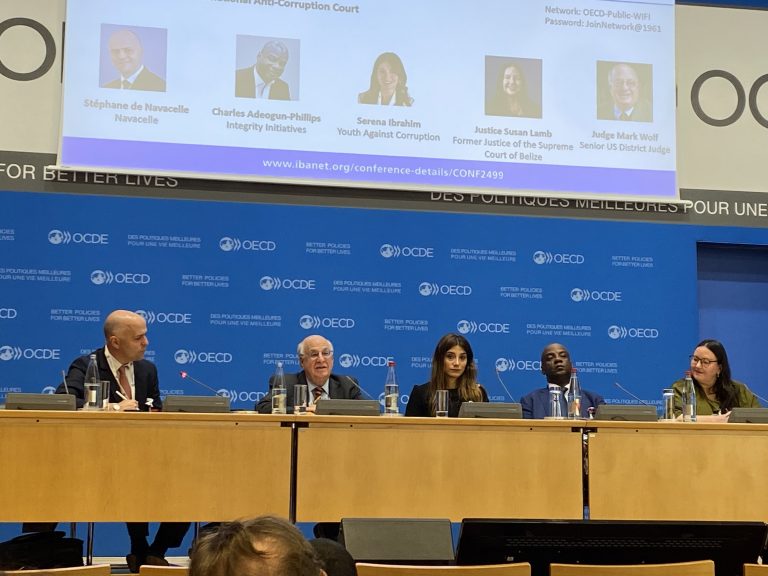Pursuant to the provisions of French Sapin II Law (“Loi Sapin II”)1, the French Anticorruption Agency (“AFA”) issued recommendations aimed at assisting public and private legal entities – whether they are subject or not to the obligation provided for in Article 17 of the Sapin II law to implement preventive and detective measures against corruption2 – in their initiatives to prevent and detect integrity violations within their entities.
As well as the national diagnosis launched by AFA to assess the effectiveness of corruption prevention and detection systems implemented within companies3, the recommendations’ update is part of the first steps of the multi-year national anti-corruption plan 2020-2022 carried out by AFA and approved by the government in early 2020 4.
AFA therefore improves its recommendations as to the 8 pillars of Article 17 of Sapin II law. Hence, the scope of the risk mapping is extended to the risks of influence peddling5. AFA further recommends the extension of the third-party category submitted to due diligence to include third parties with whom the company would like to enter into a relationship for the purpose of an acquisition or for sponsorship6. In addition to training initiatives intended for managers and most exposed employee, AFA urges to raise all employees’ awareness regarding the fight against corruption7. With regard to the internal control and audit system, AFA recommends the establishment of a specific procedure setting out “the processes and situations involving identified risks, the frequency of controls and their procedures, the persons in charge of these controls and the rules for transmitting the results to the management body”8.
Furthermore, AFA strengthens the authority of its recommendations. Despite not being legislative in nature, the recommendations are now “opposable” against AFA as part of its inspections9. Accordingly, in the context of an AFA inspection, companies henceforth benefit from a presumption of compliance when they indicate having designed their compliance program in accordance with AFA’s recommendations. It then falls to AFA to demonstrate that this application has been “ineffective, incorrect or incomplete”.10. This amendment is in line with and confirms the decision of the Sanction Commission issued on July 4, 2019, which states that when a company indicates having complied with the methodology recommended by the AFA, “it must be deemed to have provided sufficient information, unless the Agency proves that it failed, in reality, to follow the recommendations”11.











